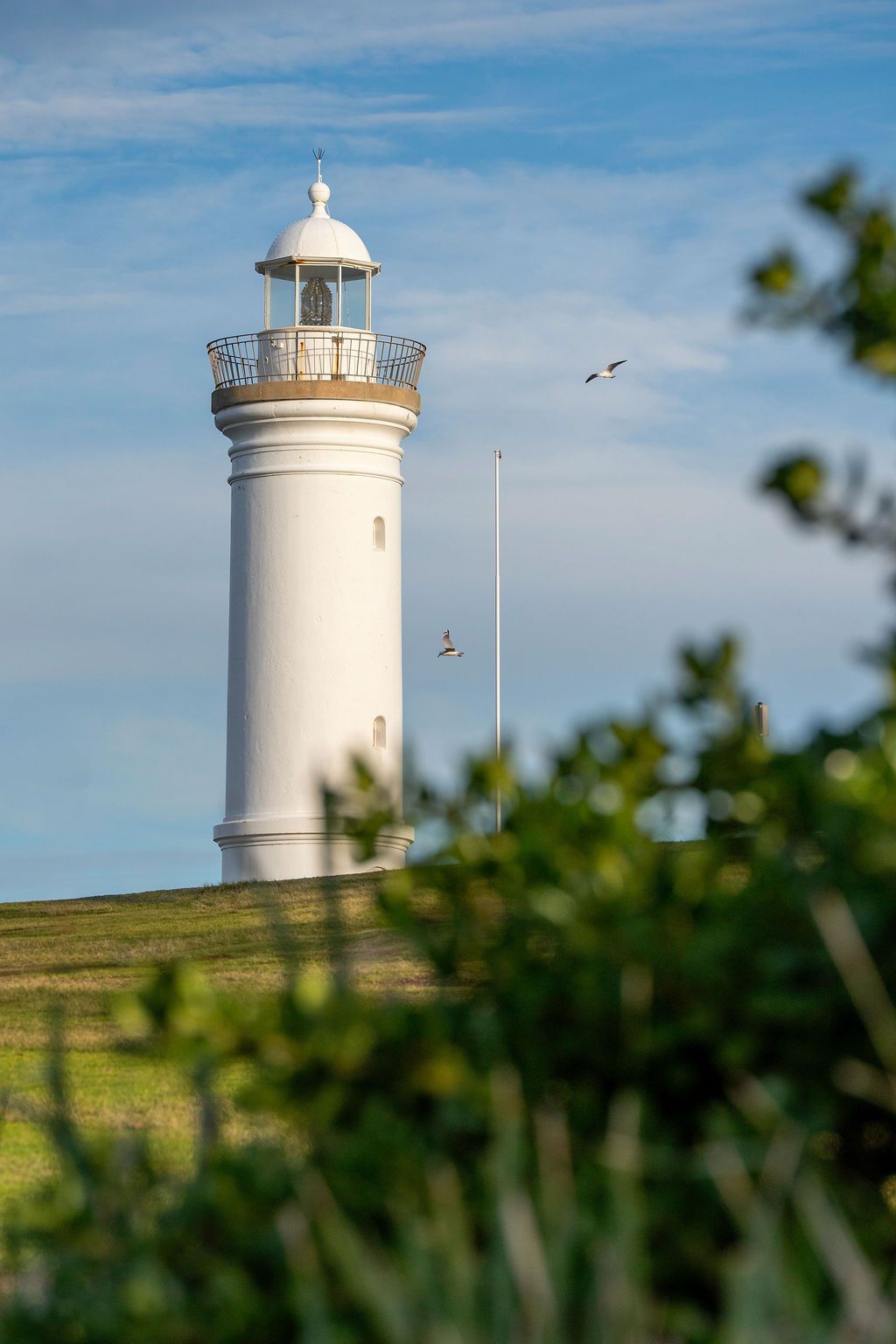Custom Mouthguards in Kiama
- Custom-fitted for comfort and safety
- Latest technology and materials
- Better treatment outcomes
At Kiama Family Dental, we offer custom mouthguards and snoring devices designed with your comfort in mind. These devices are tailored to fit your bite – protecting your teeth from grinding (bruxism), providing better rest for those affected by snoring, and reducing the risk of sports-related dental injuries. Each mouthguard is carefully fitted to your teeth to improve comfort and usability.
To learn more about how we can help with our custom mouthguards and snoring devices, contact us on
(02) 4233 1313 to arrange an appointment.
What These Devices May Involve
Mouthguards and snoring devices are created to meet different needs, but both are made using a similar process – beginning with a consultation and digital scans or impressions of your teeth. Adults and children who play contact sports or clench their jaw at night often use custom mouthguards. These devices help absorb impact and protect teeth from wear or injury. A night guard may also be recommended if signs of bruxism are present, such as worn enamel or jaw discomfort.
For people affected by snoring, a fitted mandibular advancement device may be suitable. These work by gently positioning the lower jaw forward to help keep the airway open during sleep. While not suitable for all types of sleep apnoea, these devices may help reduce snoring and disrupted breathing patterns.
Recently, nylon splints have emerged as a highly effective alternative to traditional guards. We offer nylon splints custom-made using digital scanning for improved patient comfort. These mouthguards are thinner more comfortable and durable, resulting in better overall treatment outcomes.
Frequently Asked Questions
What is the difference between a custom mouthguard and one bought in-store?
A custom mouthguard is made using impressions or digital scans of your teeth, resulting in a device that fits your bite precisely. This tailored fit can make it more comfortable to wear, less likely to shift during use and easier to breathe and speak with – especially during sport or while sleeping. In contrast, over-the-counter or boil-and-bite mouthguards offer a generic fit and may be bulkier, less stable or uncomfortable over longer periods. While both provide protection, a custom mouthguard is generally better suited to people who need regular or long-term use, particularly children involved in sport or individuals with signs of jaw clenching.
How can a mouthguard help with teeth grinding?
A night mouthguard, also called an occlusal splint or bite guard, is designed to sit between the upper and lower teeth and reduce the effects of grinding (bruxism). Although it does not stop grinding entirely, it creates a physical barrier that helps prevent further wear on the teeth and may reduce jaw tension. Over time, regular use can support more comfortable sleep and protect existing dental work. A dentist may recommend a custom night guard after identifying signs of bruxism such as flattened tooth surfaces, enamel loss, cracked fillings or jaw pain.
Can snoring devices help with sleep apnoea?
Some custom-fitted snoring devices, such as mandibular advancement splints, are designed to gently reposition the lower jaw forward during sleep. This may help keep the airway open and reduce mild snoring or brief interruptions in breathing. However, these devices are not suitable for all types of sleep apnoea, particularly moderate to severe cases. If sleep apnoea is suspected, it’s important to speak with a GP or sleep specialist for proper assessment and diagnosis. A dentist can work with other health professionals to determine if a snoring appliance is appropriate as part of your treatment plan.


